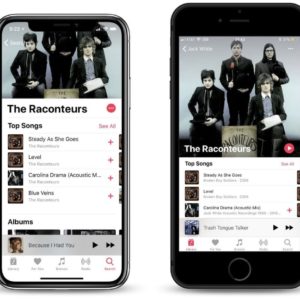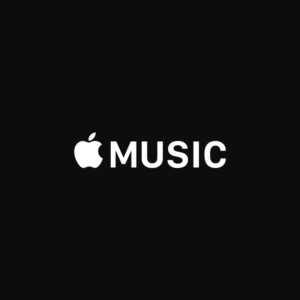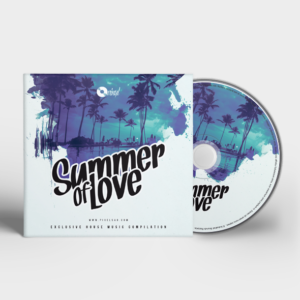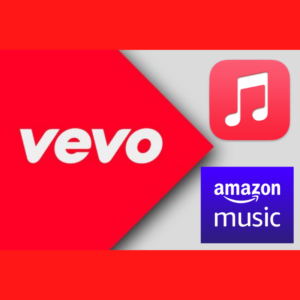Digital Music Publishing Administration
Gaan Baksho Music Distribution provides digital music publishing administration services to clients on our distribution service contract. Our publishing administration deal allows you to earn additional royalties when your music is played publicly or if it’s used in movie or ad syncs, non-interactive and interactive digital media (e.g. SiriusXM), live and non-live venues, and other retailers. Most musicians only make money from ticket sales when they tour. However, if your music is being distributed and performed worldwide and you don’t have a publishing deal, your royalties are sitting in collection societies around the world waiting to be claimed.
Collecting these royalties by yourself will require direct relationships with each society in each territory. Doing this takes time, paperwork, and a lot of upfront fees. Worst of all, if you don’t register in time to collect your royalties, the collection societies will retain the royalties and you will miss out on additional revenue. Gaan Baksho Music will help you collect your royalties and send them to you.
At Gaan Baksho Music, you have to be a distribution client to be eligible for publishing services. Our publishing contract is exclusive, which is accompanied by a non-exclusive contract for synchronization services. With our sync services, your music is pitched to music libraries, movie studios, advertising agencies, etc. If you are curious or interested in our publishing or sync services, please contact us.
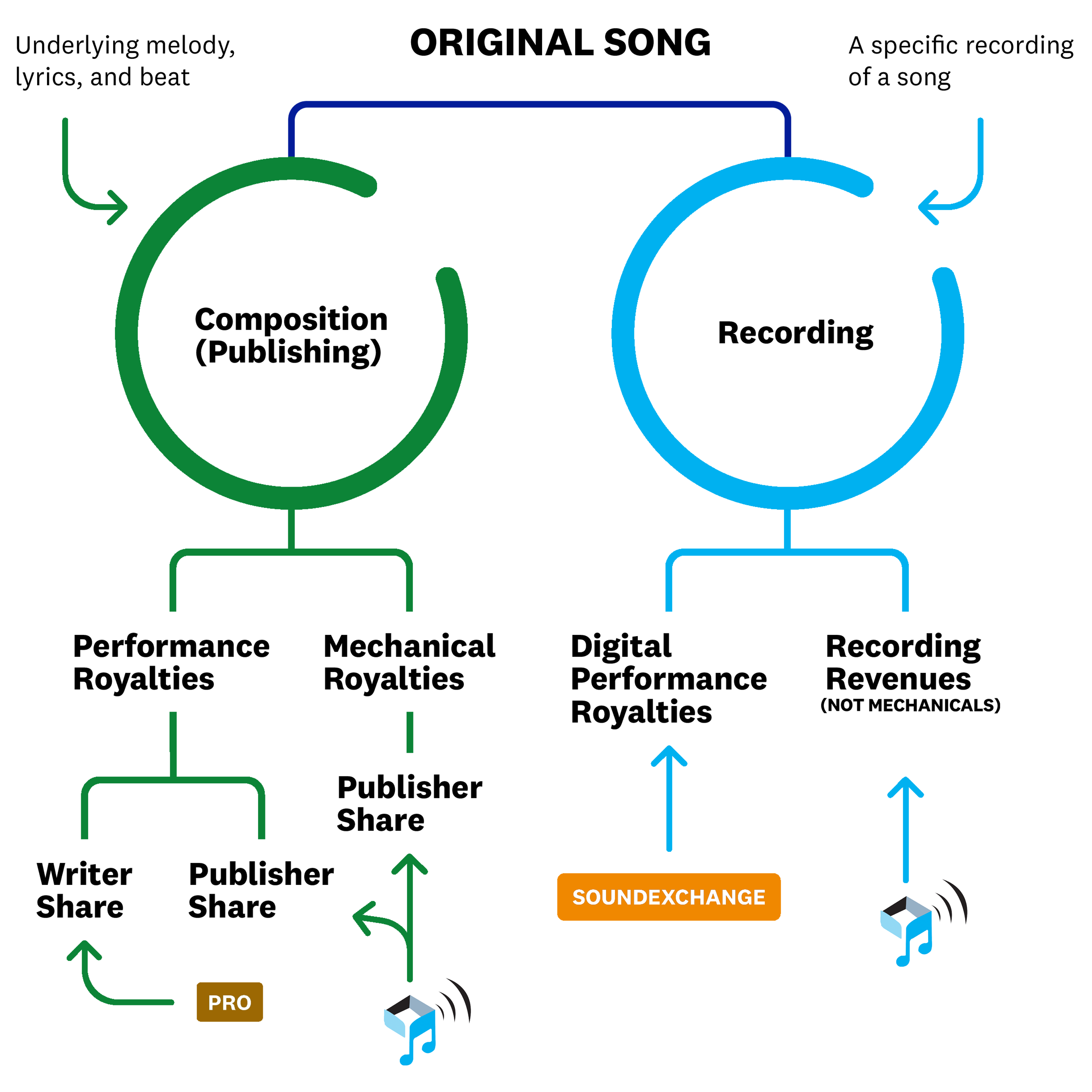
Music Publishing Basics
What is music publishing?
In a nutshell, music publishing is the management of the intellectual property of composers. A music publisher’s job is to ensure the copyright owner is getting the royalties they are entitled to and make efforts to maximize certain types of income.
What’s in it for the writer?
Monitoring and claiming your royalties can be a complex and time-consuming process. You need to get involved with performing rights societies, mechanical right societies, audio recognition service providers and deal with title registrations, counter claims, licensing queries and cue sheet reporting among other things. Even then there might be income that goes unnoticed and unpaid if you don’t have the know-how and means to chase up. By entering a publishing deal you can let your publisher deal with the administration while you focus on your craft!
What’s in it for the publisher?
The answer is simple and transparent – a cut of the earnings that both parties have agreed upon. This means that it’s in the music publisher’s best interest for the writer’s songs to perform well and generate as much income as possible.
What is the difference between a record label and a music publisher?
An easy way to make that distinction is to think of a song as having two sides: the recording and the composition. Traditionally, record labels deal with the recording (aka master) and music publishers deal with the composition.
Understanding intellectual property ownership and copyright splits
The World Trade Organization defines intellectual property rights as “the rights given to persons over the creations of their minds”. Those rights include musical compositions and are protected by copyright laws.
If you are the sole writer of an original piece of music then you own 100% of that copyright. If other people have contributed then that percentage changes accordingly. The way you decide to work out the percentages (aka copyright splits) is entirely up to you and your co-writers.
Income sources
There are three main revenue streams for music compositions
- Mechanical Royalties
Mechanical royalties are generated every time a composition is reproduced, either by physical or digital means, such as vinyl, CDs, cassettes, streaming and downloads.
- Performance Royalties
Performance royalties are generated when music is performed in public. Some examples include live shows, radio, TV, film, music played in public and commercial spaces.
- Synch Royalties
Synch (or Synchronization) royalties are paid to a compositions rights holder(s) when said composition is used in another audiovisual work, such as an advertisement, movie, series, electronic game etc.
You might also come across other types of royalties such as print, which describes royalties paid by music printers for sheet music and folios based on the exclusive right to distribute copies of copyrighted material. These can also be collected by the publisher and paid out to the writer if they are part of the agreement.
How is this income generated?
Every time a copyrighted song is sold, downloaded, streamed or performed in public, music users pay (directly or indirectly) an amount of royalties to a collecting society (a Performing Rights Organization and/or Mechanical Rights Organization). These amounts are then distributed to the Music Publisher who, in turn, keeps the agreed-upon commission and pays out the remainder to the songwriter. All pay outs are accompanied by a royalty statement that includes detailed information on the type of usage and income the writer’s music generated during that period.
In the case of Synch, royalties are usually generated as a one-off fee paid by the client to the rights holder – in our case the publisher – in order to obtain a license to use the music in their project. Same rules apply, publisher keeps their cut and pays out the rest to the writer(s).

